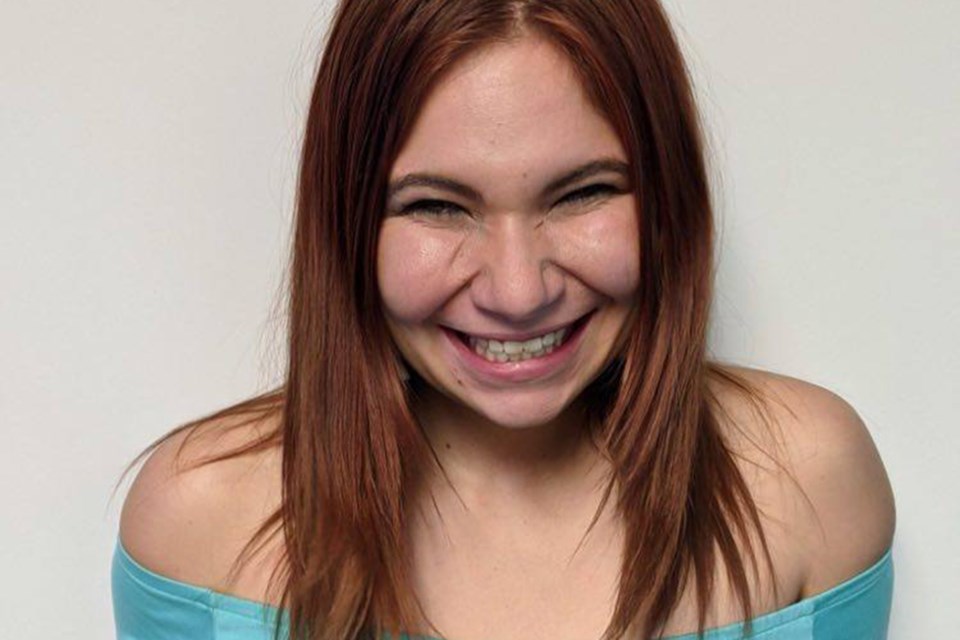We have all been guilty of disregarding the simple life lesson not to judge a book by its cover. What if that cover was a hijab, though, and underneath it was another human just like you?
Over the last few months in Edmonton, there have been six Black Muslim women making news headlines for being targets of street harassment; increasing in both frequency and severity. These assaults are three-dimensional, as Islamophobia, racism and misogyny are the root causes. Shams Ahmad and Qamar Ahmad, two Muslim sisters, recently bravely spoke up about Shams being assaulted in 2019 at a bus stop in St. Albert as well as other discriminatory attacks they receive like being called a “terrorist” or “Osama’s cousin”.
Shams was on her way to school when a man screamed racist remarks and profanity before striking Shams across the face. Sadly, many of these assaults display how a member of our community is forced to endure racial slurs, feeling scared and vulnerable, while not one bystander offered any form of protection or solidarity. With every passing day, we are hurting marginalized people who live in fear and heightened anxiety for simply existing in their day-to-day lives. We need to challenge ourselves and each other to make our communities safer for our Muslim sisters by committing to being better.
Find the time to facilitate an understanding for a culture that is not yours, but one you can understand and respect. Educate yourself first, then carry those learnings with you to those around you. It is important to challenge your own implicit biases and unlearn any misconceptions you have that contribute to Islamophobia. A recent national survey showed a surprising number of people (17 per cent) perceive the Muslim Canadian community as a monolith, with uniform views, while in actuality the views in the Muslim community are quite diverse. Your voice has the power to influence others; so use it. Call out your friends and family who may be sharing misinformation or microaggressions and let your local politicians know that stopping Islamophobia matters to you. Never underestimate
the weight of your opinion and the power of your knowledge. It can have an immense impact on strangers, political figures and your inner circle.
If you witness harassment, you have the ability to make a huge difference. Your intervention can aid in ending the escalation and undercutting long-lasting trauma the victim(s) may experience. Where possible, intervene by giving control to the target of the harassment (e.g. “are they bothering you?” or “are you okay?”). You can also simply sit/stand beside them and offer your presence, so they know they are not alone. Let the victim know you are there to support them however they need, and that what happened to them was not okay. Ask them if you can call someone for them – whether it be a friend, family member or the police. Escort them to a safe place, if necessary, and allow them time to compose themselves.
In short, I am asking you to show a heightened level of compassion and empathy, as this is what will spark change over complacency. I am challenging you to admit that your degree of empathy shown toward our Black Muslim sisters has been lacking or could increase. That admission will help push your actions in the future and assist in creating safe places, for everyone, everywhere. It is with the help of all of us, we can achieve a world where a human, no matter their perceived gender, religion, or culture can take the LRT to school without fearing for their life.




